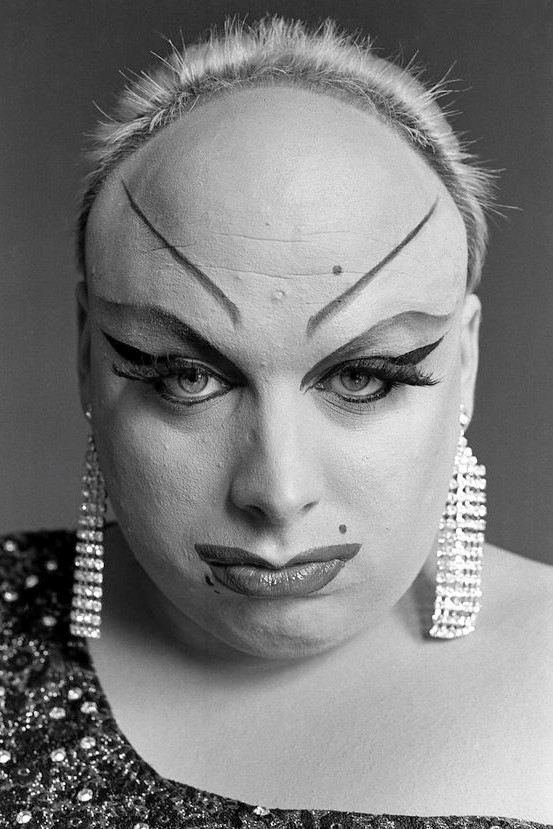

An investigation of how Hollywood's fabled stories have deeply influenced how Americans feel about transgender people, and how transgender people have been taught to feel about themselves.
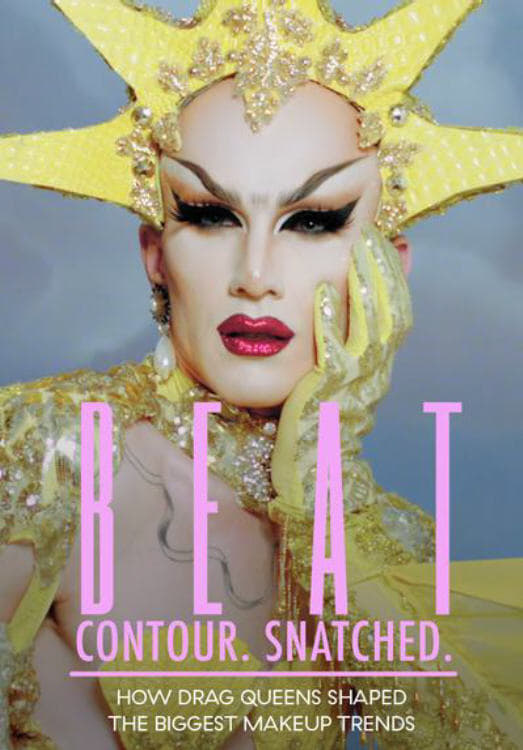
How drag queens sharing tips and tricks in dressing rooms shaped the face of today’s mainstream makeup industry.
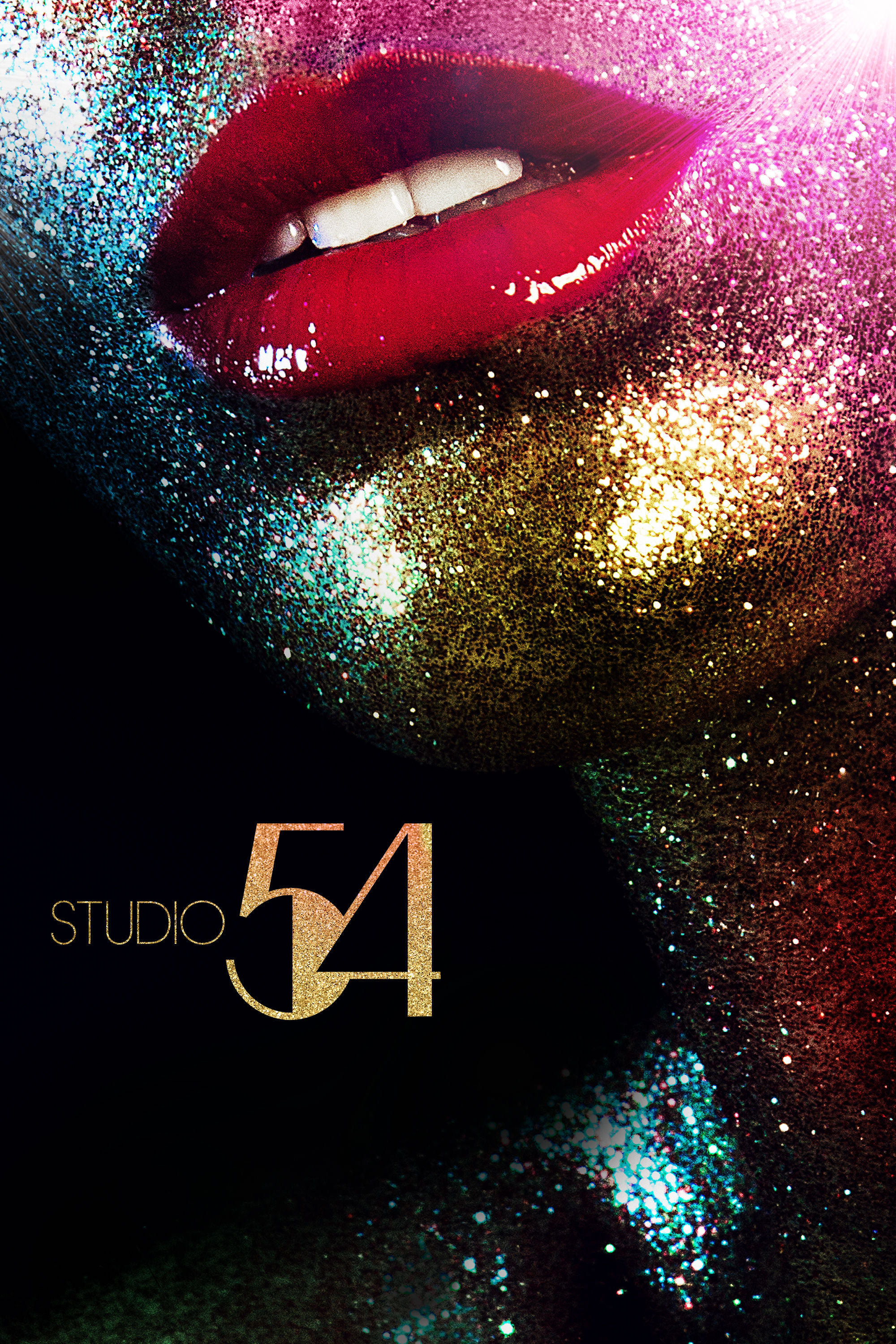
Studio 54 was the epicenter of 70s hedonism - a place that not only redefined the nightclub, but also came to symbolize an entire era. Its co-owners, Ian Schrager and Steve Rubell, two friends from Brooklyn, seemed to come out of nowhere to suddenly preside over a new kind of New York society. Now, 39 years after the velvet rope was first slung across the club's hallowed threshold, a feature documentary tells the real story behind the greatest club of all time.
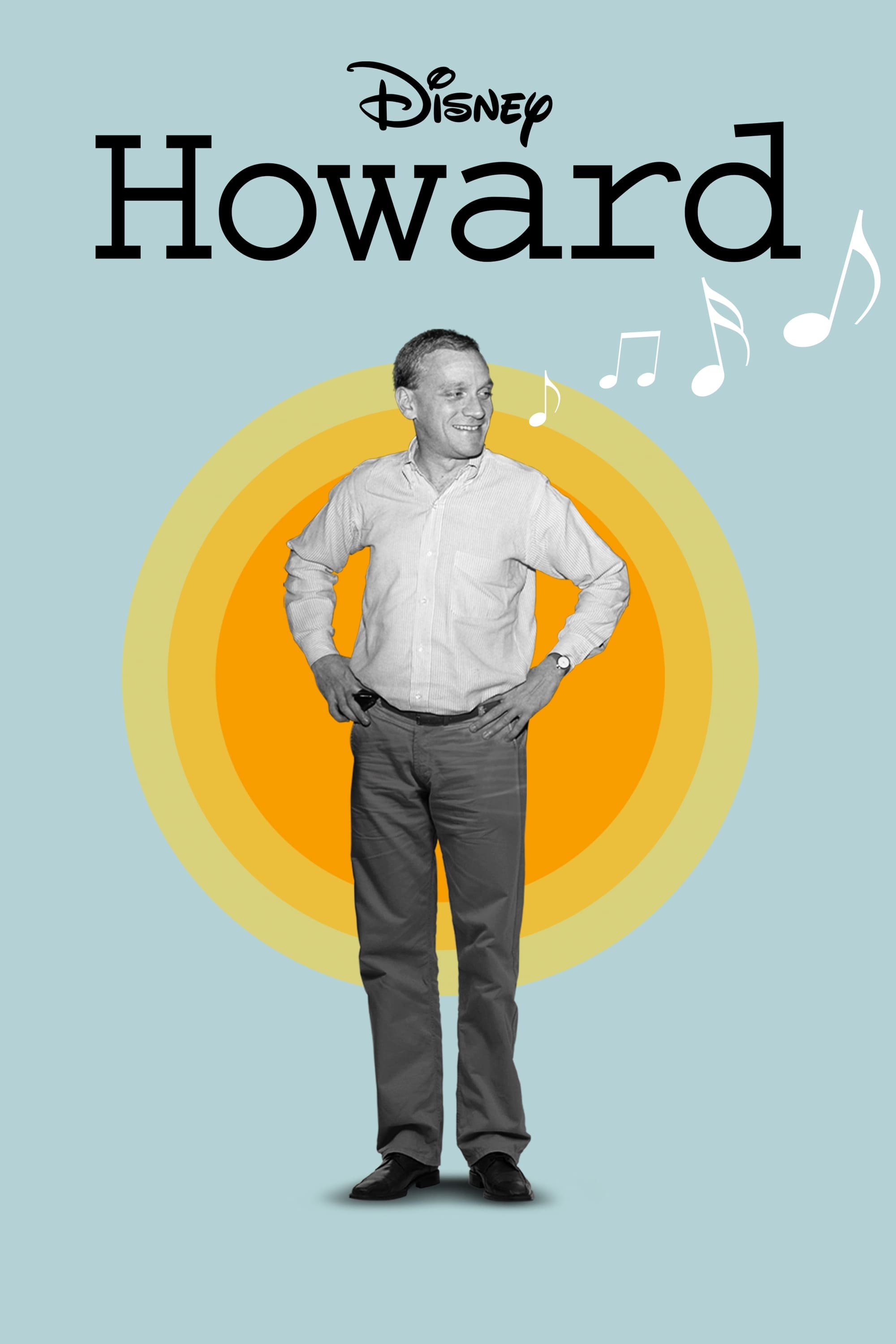
Though legendary lyricist Howard Ashman died far too young, his impact on Broadway, movies, and the culture at large were incalculable. Told entirely through rare archival footage and interviews with Ashman’s family, friends, associates, and longtime partner Bill Lauch, Howard is an intimate tribute to a once-in-a-generation talent and a rousing celebration of musical storytelling itself.
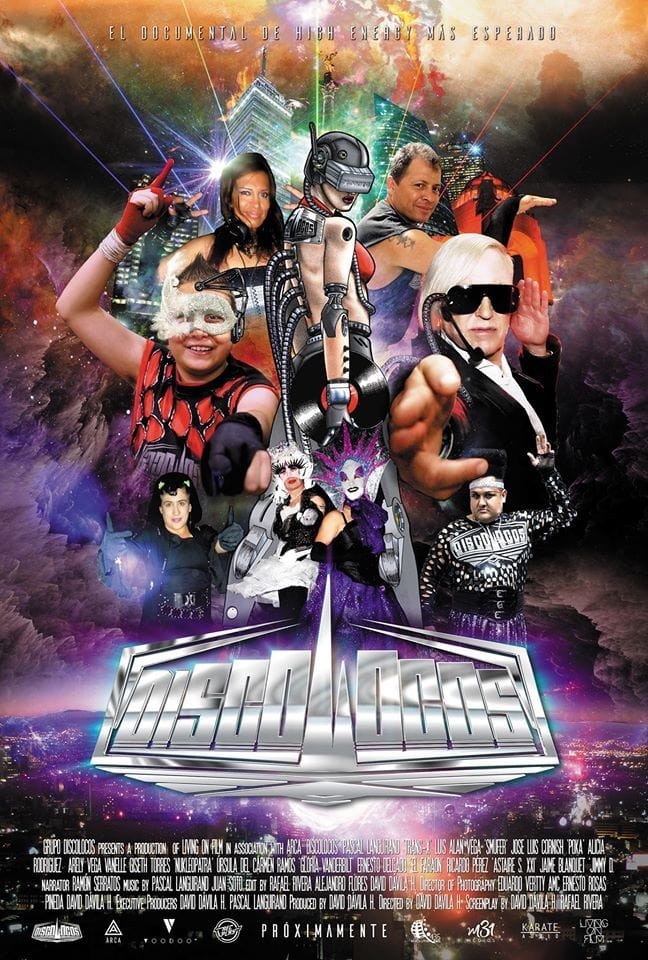
The high energy movement in Mexico is visited without prejudice through its places and its protagonists. The icon Pascal Languirand is one of them.
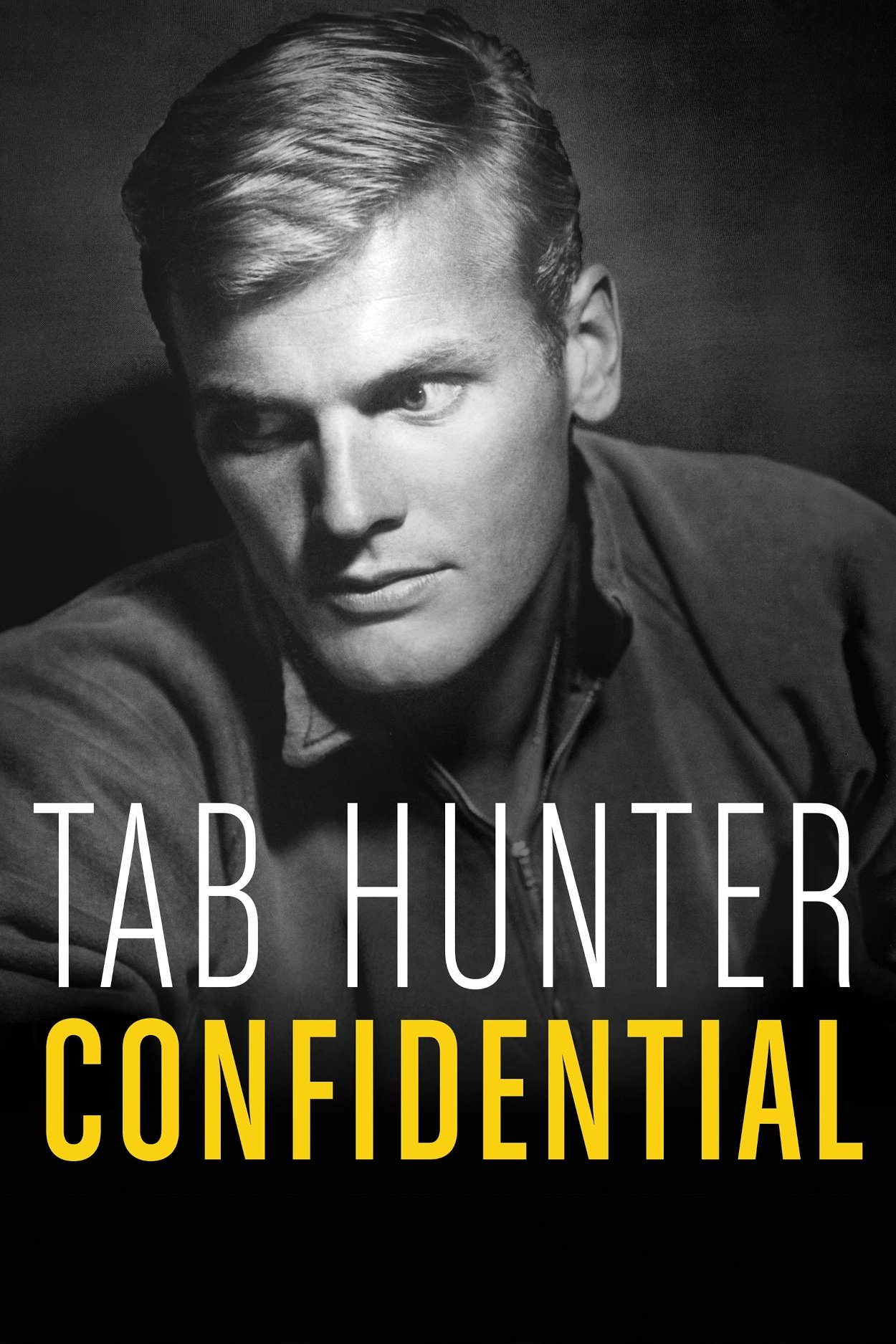
Throughout the 1950s, Tab Hunter reigned as Hollywood’s ultimate male heartthrob. But throughout his years of stardom, Tab had a secret. Tab Hunter was gay, and spent his Hollywood years in a precarious closet that repeatedly threatened to implode and destroy him. Tab Hunter himself shares first hand, for the first time, what it was like to be a studio manufactured movie star during the Golden Age of Hollywood and the consequences of being someone totally different from his studio manufactured image.

Four-part documentary series that tells the story of British pop music and our changing attitudes to sex, gender and sexuality.

Looks at the overwhelming impact pop music has had since the 90s and how our media saturated society has allowed pop music to become an overtly commercial product. The kids' have been subjected to, and manipulated by sophisticated marketing ploys from the pop music industry in order to maintain their huge profits. What kind of effect does this have on youth culture? What kind of youth do adolescents get to enjoy today, if their world seems to be one reality talent show after another? How much are adolescents affected by the stereotypes portrayed in pop video culture? Sex'n'Pop seeks to find answers to these questions.
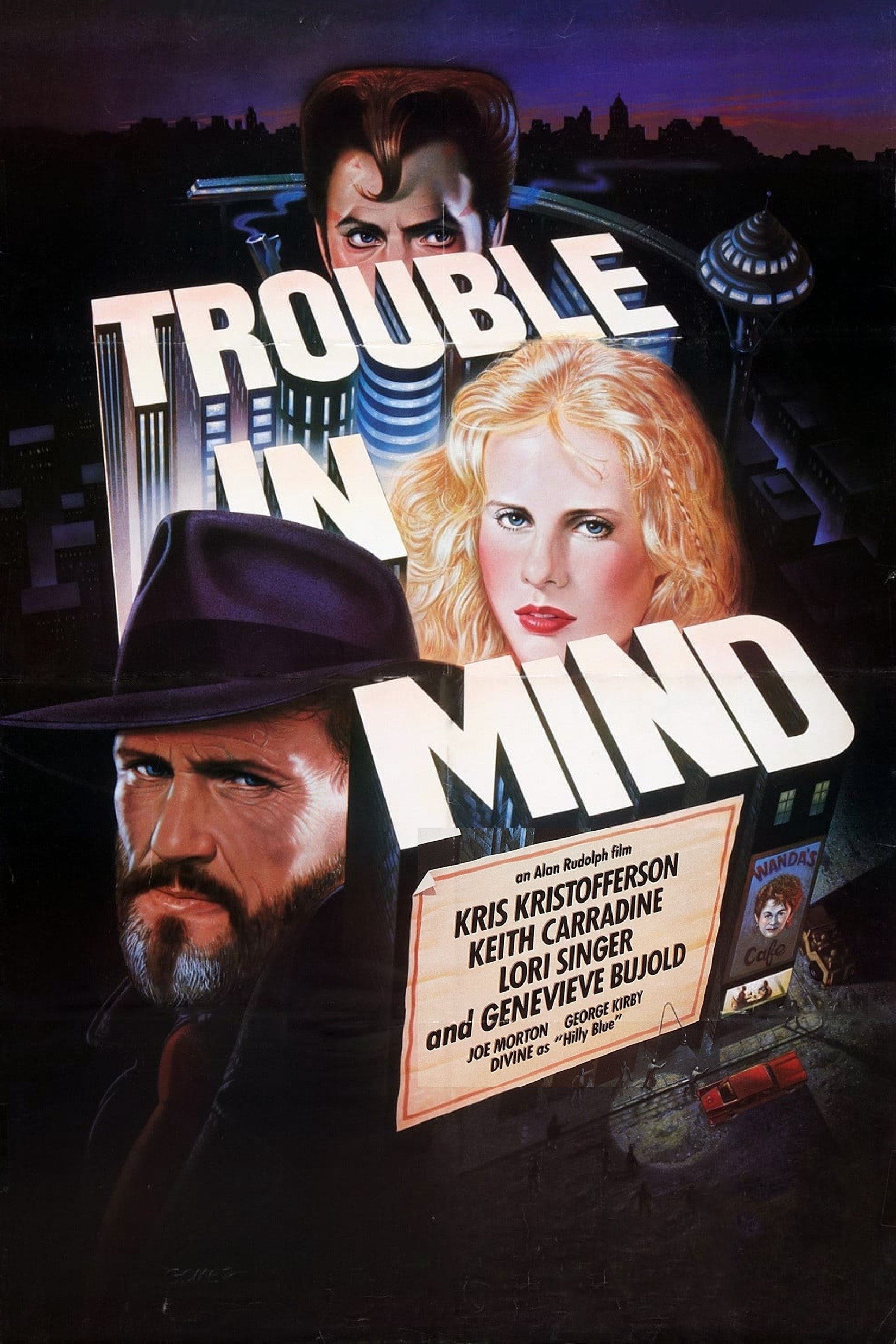
The lives of an ex-con, a coffee-shop owner, and a young couple looking to make it rich intersect in the hypnotic Rain City.

Assaulted by Third World outlaws, donkey-riding Rosie joins a silent drifter's search for gold.
Divine (19 October 1945 – 7 March 1988), né Harris Glenn Milstead, was an American actor, singer and drag queen. Described by People magazine as the "Drag Queen of the Century", Divine often performed female roles in both cinema and theater and also appeared in women's clothing in musical performances. Even so, he considered himself to be a character actor and performed male roles in a number of his later films. He was often associated with independent filmmaker John Waters and starred in ten of Waters's films, usually in a leading role. Concurrent with his acting career, he also had a successful career as a disco singer during the 1980s, at one point being described as "the most successful and in-demand disco performer in the world." Born in Baltimore, Maryland, into a conservative, wealthy middle class family, he became involved with John Waters and his acting troupe, the Dreamlanders, in the mid-1960s and starred in a number of Waters's early films such as Mondo Trasho, Multiple Maniacs, Pink Flamingos and Female Trouble. These films have since become cult classics. In the 1970s, Milstead made the transition to theater and appeared in a number of productions, including Women Behind Bars and The Neon Woman, while continuing to star in such films as Polyester, Lust in the Dust and Hairspray. The New York Times said of Milstead's '80s films: "Those who could get past the unremitting weirdness of Divine's performance discovered that the actor/actress had genuine talent, including a natural sense of comic timing and an uncanny gift for slapstick." He was also described as "one of the few truly radical and essential artists of the century… was an audacious symbol of man's quest for liberty and freedom." Since his death, Divine has remained a cult figure, particularly with those in the LGBT community.
By browsing this website, you accept our cookies policy.